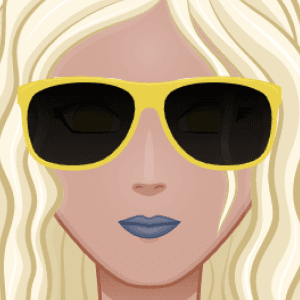Chelsea Grant
’s Ideas
195 ideas
·102K saves
Filter
Creative Conflict (2021) offers research-based strategies to turn workplace conflicts into opportunities for mutual gains. Authors Bill Sanders and Frank Mobus present techniques to reframe conflict mindsets, identify interests, and foster constructive debate to spark collaborative innovation.
